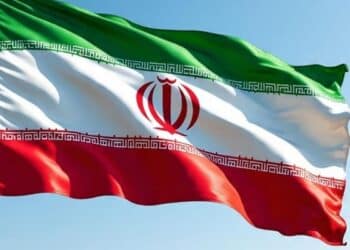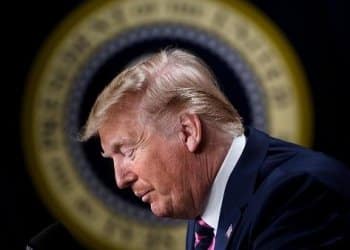Israel is to impose a new national lockdown to contain the spread of Coronavirus – with tough restrictions coming into effect on Jewish new year.
The country’s second lockdown begins on Friday and lasts at least three weeks.
Prime Minister Benjamin Netanyahu said the measures would “exact a heavy price on us all”, but the country faced a surge with 4,000 new daily infections.
A minister has resigned to protest against the restrictions that overlap with important Jewish festivals.
Housing Minister Yaakov Litzman, who leads an ultra-Orthodox Jewish party, said the measures would prevent Jewish people from celebrating their religious festivals, including Yom Kippur, the holiest day of the Jewish calendar, on 27 September.
He also threatened to pull his party out of the governing coalition.
The country has seen 1,108 deaths from Covid-19 and more than 153,000 confirmed infections, according to a global tally kept by US university Johns Hopkins.
What are the new restrictions?
Israel, which has a population of about nine million, has reported more than 3,000 new cases a day in recent weeks.
In a televised address on Sunday, the prime minister said this had grown to 4,000 daily.
The measures he announced will be the most extensive imposed in Israel since the first lockdown, which ran from late March until early May, and include:
*No more than 10 people can meet indoors while groups of 20 are allowed outdoors
*Schools and shopping centres will close, and Israelis must stay within 500 metres of their homes with the exception of travelling to workplaces
*Non-governmental offices and businesses can stay open but must not accept customers
*However supermarkets and pharmacies can remain open to the public.
Mr Netanyahu acknowledged the disruption the lockdown would cause to Jewish communities celebrating religious holidays that normally see families come together.
“This is not the kind of holiday we are used to. And we certainly won’t be able to celebrate with our extended families,” he said.
The restrictions on indoor gatherings will severely impact prayers in synagogues.
The second lockdown will cost the economy, which is in recession due to the pandemic, an estimated 6.5bn shekels ($1.88bn), the finance ministry says.









